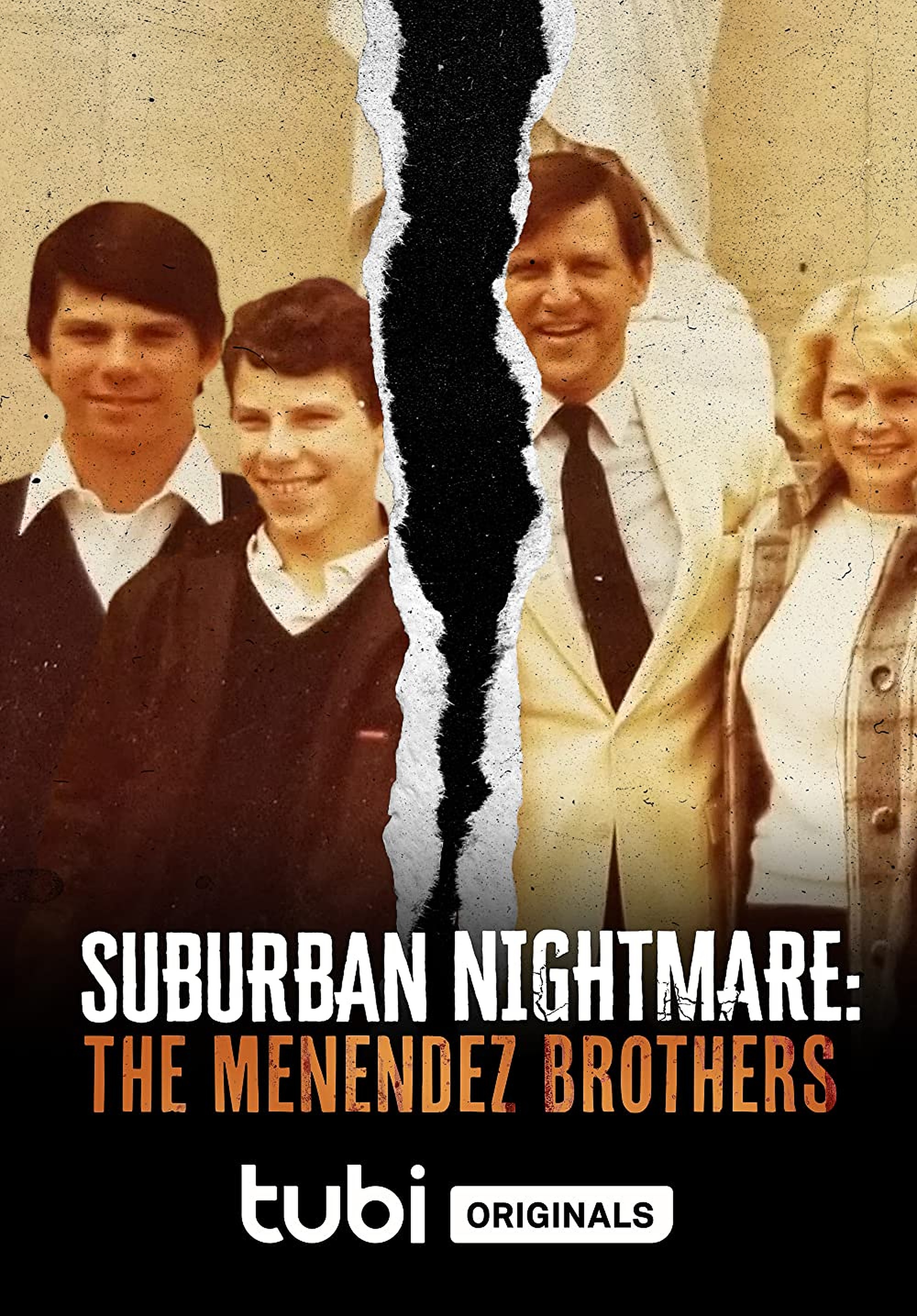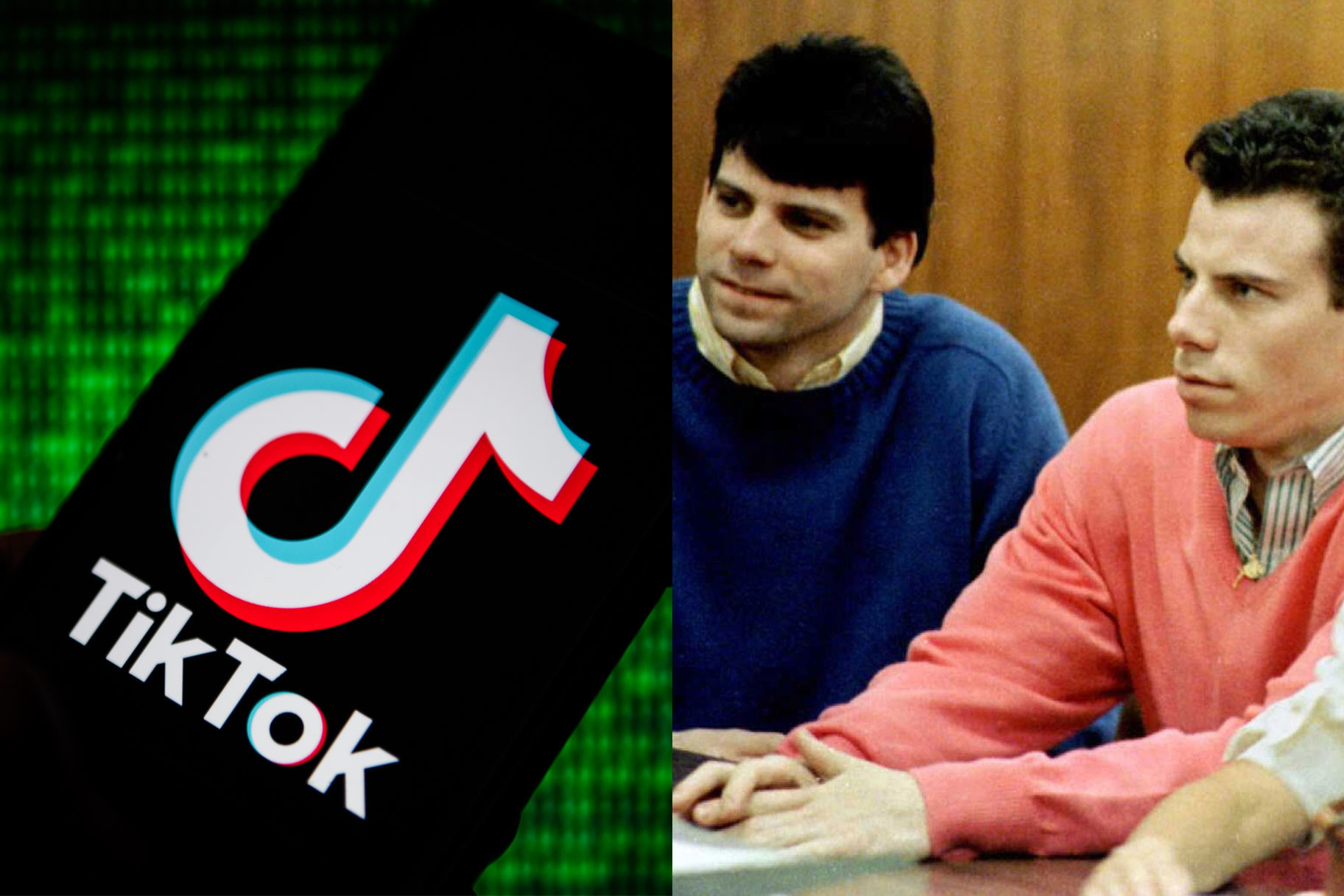
Will The Menendez Brothers be freed for abuse claims?
In a whirlwind of legal intrigue, The Menendez Brothers saga has reemerged into the public eye, challenging us to reconsider past perceptions. Lyle and Erik Menendez, once vilified for the gruesome 1989 murders of their parents, assert that years of abuse drove them to their infamous crime. Reflecting a shift in popular opinion, society now questions whether justice served then could indeed be justice misserved. Can fresh claims of abuse truly free the Menendez brothers? Only time will tell.

A new trial for justice?
In the colorful tapestry of American true crime, few stories have captured the public’s imagination like that of the Menendez brothers. Convicted in the early 90s for the grisly murder of their parents, Lyle and Erik Menendez have become emblematic of the complexities of family dynamics and justice. Recent developments have thrust their case back into the spotlight, as allegations of abuse have reignited the debate over whether justice was truly served.
The brothers claimed their actions were fueled by years of abuse, a narrative that divided public opinion both then and now. Many were skeptical of these claims in their initial trials, viewing them as strategic fabrications concocted by desperate young men. However, the veracity of these allegations has gained renewed attention, fueled by revelations in broader societal conversations about victims of domestic abuse.
In today’s context, where societal understanding of abuse has undergone significant evolution, the Menendez brothers’ case presents a unique conundrum. Legal systems have begun recognizing complex trauma‘s role in actions, prompting reconsideration of past judgments. Whether these claims of abuse will ultimately influence the legal proceedings surrounding the brothers’ potential release remains a gripping, open question. The outcome could redefine how such cases are handled in the future, sparking conversations that resonate beyond the courtroom.

A new wave of support?
Over the decades, the Menendez Brothers case has tangled hearts and debate alike. Initially cast as money-hungry villains, public sentiment has shifted. Docuseries like The Menendez Murders: Erik Tells All have painted a more nuanced picture, delving deep into allegations of childhood abuse, bringing sympathy to the brothers’ plight.
Experts have begun reevaluating the psychological ramifications of abuse on criminal behavior. A study in the Journal of Child Abuse and Neglect highlights how sustained trauma can warp perception and reaction. As these studies gain traction, they bolster the argument for a reassessment of the Menendez brothers’ life sentences.
Despite shifting sentiments, legal hurdles remain formidable. Though public outcry grows louder, the justice system is inherently slow to reverse decisions. Until verifiable, new evidence emerges, the question looms: Will Lyle and Erik see daylight outside of prison walls? The Menendez Brothers’ fate dangles in the balance.

Tipping the scales?
As the wheels of justice turn, the Menendez brothers plea for a new trial hinges on surfacing evidence and changing societal attitudes towards abuse. Prominent voices now advocate for re-evaluating evidence overlooked or dismissed in past trials, positing that it’s high time the judicial system accorded trauma its due respect.
Since their conviction, headlines have alternated between sensationalism and sympathy. Initially seen as wealthy, spoiled murderers, Lyle and Erik Menendez are now frequently recast as tragic figures pushed to extremes by their abusive father. Documentaries and exposés have fueled this narrative shift, dissecting details that were once considered secondary or irrelevant.
Whether or not the Menendez brothers walk free, their case forces a reexamination of a justice system learning to navigate the labyrinth of familial abuse and its lifelong effects. Public outcry has transformed from cries for harsh punishment to calls for compassion. The Menendez brothers’ story stands as both a cautionary tale and a beacon for rethinking justice in our times.

Society reconsiders culpability
As the Menendez Brothers saga resurfaces, a society more attuned to trauma finds itself reconsidering their plight. Once marked as unchecked monsters, Erik and Lyle now garner empathy from those challenging the narratives of their original trial. Could historical misunderstandings of abuse and justice leave room for a second chance?
 While TV dramas and documentaries peel back hidden layers, some see an undeniable distrust in old systems. In portraying abuse’s shadow, these shows recalibrate our lenses. Yet, history warns courts are notoriously reluctant to unravel verdicts without groundbreaking proof. Still, there is a chance for the brothers to impact legal thought on the complexities of abuse and justice.
While TV dramas and documentaries peel back hidden layers, some see an undeniable distrust in old systems. In portraying abuse’s shadow, these shows recalibrate our lenses. Yet, history warns courts are notoriously reluctant to unravel verdicts without groundbreaking proof. Still, there is a chance for the brothers to impact legal thought on the complexities of abuse and justice.
 Acknowledging possible missteps in judgment is critical for future cases. Despite these debates, finding an answer remains elusive. Release or remorseful confinement continues to hinge upon fresh evidence that has yet to materialize. The saga of the Menendez brothers reveals that society’s journey with justice—and abuse—is far from over.
Acknowledging possible missteps in judgment is critical for future cases. Despite these debates, finding an answer remains elusive. Release or remorseful confinement continues to hinge upon fresh evidence that has yet to materialize. The saga of the Menendez brothers reveals that society’s journey with justice—and abuse—is far from over.

Future proceedings uncertain
As the Menendez brothers’ story revives interest and contemplation, it underscores our evolving perceptions of justice. From notorious pariahs to possibly misunderstood victims, the narrative has twisted dramatically. Despite shifting public empathy, the brothers’ potential release is bound by the slow march of the legal system, demanding incontrovertible new evidence. Whether Erik and Lyle Menendez achieve freedom remains a tantalizing mystery—a delicate balance between past convictions and contemporary understandings of abuse. In many ways, their journey will continue to influence how we view justice in the lens of context and compassion. The Menendez brothers’ fate remains an indelible chapter in our ongoing reckoning with justice and its imperfections.







